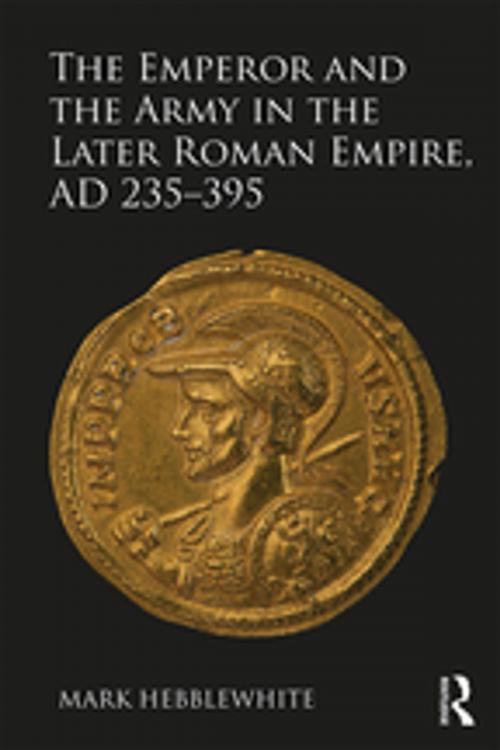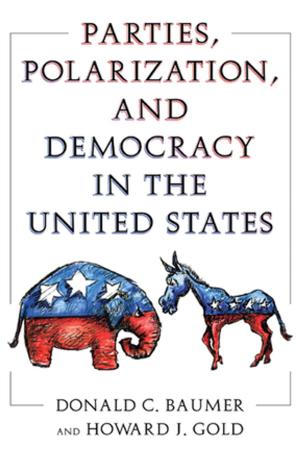The Emperor and the Army in the Later Roman Empire, AD 235-395
Nonfiction, Reference & Language, Language Arts, Communication, History, Ancient History| Author: | Mark Hebblewhite | ISBN: | 9781317034292 |
| Publisher: | Taylor and Francis | Publication: | December 19, 2016 |
| Imprint: | Routledge | Language: | English |
| Author: | Mark Hebblewhite |
| ISBN: | 9781317034292 |
| Publisher: | Taylor and Francis |
| Publication: | December 19, 2016 |
| Imprint: | Routledge |
| Language: | English |
With The Emperor and the Army in the Later Roman Empire, AD 235–395 Mark Hebblewhite offers the first study solely dedicated to examining the nature of the relationship between the emperor and his army in the politically and militarily volatile later Roman Empire. Bringing together a wide range of available literary, epigraphic and numismatic evidence he demonstrates that emperors of the period considered the army to be the key institution they had to mollify in order to retain power and consequently employed a range of strategies to keep the troops loyal to their cause. Key to these efforts were imperial attempts to project the emperor as a worthy general (imperator) and a generous provider of military pay and benefits. Also important were the honorific and symbolic gestures each emperor made to the army in order to convince them that they and the empire could only prosper under his rule.
With The Emperor and the Army in the Later Roman Empire, AD 235–395 Mark Hebblewhite offers the first study solely dedicated to examining the nature of the relationship between the emperor and his army in the politically and militarily volatile later Roman Empire. Bringing together a wide range of available literary, epigraphic and numismatic evidence he demonstrates that emperors of the period considered the army to be the key institution they had to mollify in order to retain power and consequently employed a range of strategies to keep the troops loyal to their cause. Key to these efforts were imperial attempts to project the emperor as a worthy general (imperator) and a generous provider of military pay and benefits. Also important were the honorific and symbolic gestures each emperor made to the army in order to convince them that they and the empire could only prosper under his rule.















